Schedule a Call Back
CUMI plans to tap into global growth for abrasives: N Ananthaseshan, MD, CUMI
 Interviews
Interviews- Jul 20,20
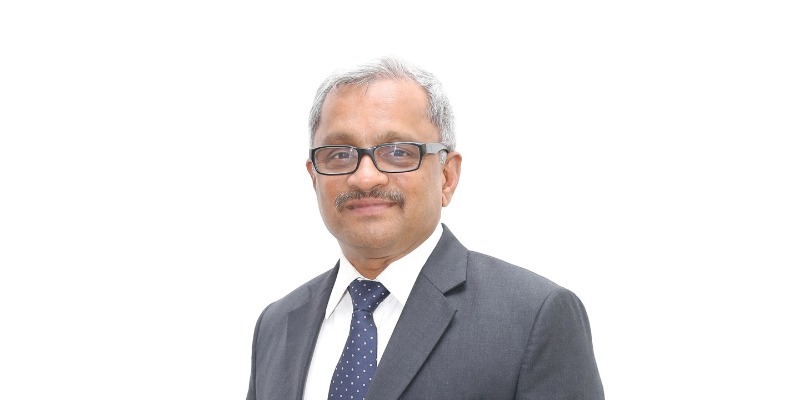
Carborundum Universal
Limited (CUMI) is part of Murugappa Group of Companies. CUMI was incorporated
about 65 years ago as a tripartite collaboration between the Murugappa Group, The Carborundum Co., USA and the Universal Grinding Wheel Co. Ltd., UK. It is the first manufacturing venture for the group which was set up in Chennai in 1954. N Ananthaseshan, MD, CUMI in a video interaction with Industrial Products Finder (IPF) delves into the challenges before the Indian refractory market and attaining self-sufficiency in some segments.
Tell us how CUMI
serves the industry?
CUMI was largely a
manufacturer of bonded and coated abrasives. The company successfully did
backward integration by manufacturing the raw materials. These are popularly
known as synthetic ceramic ranges comprising aluminium oxide and silicon
carbide, which are used in both refractories and abrasives.
Along the way, the
company also ventured into refractory manufacturing and later on into
manufacturing of silicon carbide in the late 80s. At the same time, the company
became 100 per cent Indian company buying the stakes from both the other
partners. Since 2000, the company started growing domestically and globally as
well.
Today, the company has
a presence in about 7 countries. Of all the 28 facilities, 20 are in India and
rest outside. The largest facility is of silicon carbide manufacturing plant
located in Russia, acquired in 2007. We also have a joint venture in Australia
for industrial ceramics, a fusion facility for manufacturing zirconia in South
Africa and conversion operations in Thailand.
Today, the company is
a leader in the industrial ceramics segment. These are known for wear,
corrosion and electrical resistance. Some key applications are high temperature
wear resistance, high temperature thermal containment materials or the
electrical resistance property, which is used for high voltage transmission, clean
energy applications like solid oxide fuel cells.
The company also has a
presence in the composites division, where FRPs and carbon reinforced
composites addresses both mobility and energy sector.
How big is the Indian
refractory market?
The term refractory
means a material that withstands high temperature and takes high load while not
changing its chemistry to avoid deforming. Refractories are broadly classified
based on their alkalinity or the ‘ph’ of the material into acidic and neutral;
or based on their form. Bricks are formed refractory products that can be used
in a furnace and cement falls under the unformed type.
Considering the nature
of their applications, refractories are largely well-poised in the iron and
steel manufacturing segment globally. They are also used in industries such as
cement, non-ferrous metals, glass, carbon black, fertilizers, chemical and many
more.
India is a significant producer of steel. The Indian refractory market is estimated to be $ 1 billion.
Indian refractory market comprises silica-based, common clay; high end products
like fused alumina, magnesia, zirconia, graphite etc – as you go up you will
find more performance materials.
Today, India has all
the global refractory manufacturers which was not the case initially. The
availability of the minerals like bauxite, aluminium, clay and other minerals
is making refractory market viable in India. However, India relies on Chinese
imports of fused-minerals. These minerals are available in India but not in the
volumes required.
In India, CUMI
manufactures about 50, 000 tonne of refractory raw materials. These materials
are largely fused alumina and silicon carbide. The Russia facility produces 85,
000 tonne of silicon carbide.
Globally about 60-65
per cent of the refractory market supplies to the iron and steel industry which
is quite similar to the Indian context as well. Other markets are cement,
non-ferrous, aluminium, copper, zinc, glass and carbon black.
As the government
increases its spending on materials other than steel then definitely the
refractory market would grow.
How has Covid 19
impacted the refractory market?
CUMI is a manufacturer
of shaped and unshaped refractories. The raw materials for these are largely
sourced in house. Our raw material capacity is not merely restricted to serve
our needs, rather is extended to the customers in India, including our
competitors.
Due to our
self-sufficiency, we have not seen any major disruptions in our supplies. This
helps us to be available with our full range to answer all kinds of demands
from our customers.
There have been some disruptions in the raw material availability from China. China went into
lockdown in early January 2020. It was followed by a shutdown due to their new
year in early February 2020. Most of the industries were closed during this
long duration, keeping shipping lines choked. This led to a disruption in bulk
raw materials supply from China. The Jan-March 2020 quarter experienced a steep
slide in imports from China. This is also due to the demand contraction.
How is CUMI dealing
with Covid 19 challenge?
Our 18 manufacturing facilities and 2 of our power generation units in the country are opened and running. Our Chennai facility is affected due to the lockdown and is currently operating with 40 per cent manpower. Due to the temporary labour moving out, there were some challenges in the power units but those have stabilised now. We have supported them by paying them their salaries on time. We also campaigned to create awareness on health and hygiene at home. We haven’t seen any major impact on our operations due to the migrant labour.
Tell us about some key
modifications incorporated in your operations due to the pandemic?
The MHE Guidelines
were issued by the government by 2nd week of April stating some
changes about hygiene and social distancing to combat the virus. We have
implemented these guidelines at all our locations.
New arrangements at
the operations are such as thermal scanning at the points of entry;
sanitisation at regular intervals and changes in processes. For example, the
taps and sanitisers across the plant are now converted into touch-free operation
for safety.
We have social
distancing norms in place. Restructuring of the processes has been done to
maintain 6 feet distance among workers. We are currently focussing on
identifying methods and investing in processes that would automate some of the
material handling and movement between stations. It is easier to abide by the
social distancing guidelines in factories where there is discrete manufacturing
but in continuous process plants, becomes a bit difficult.
When would the
refractory market stabilise?
China is the prime
source of some raw materials. China has an edge over India in some raw material
supplies like brown fused alumina, white fused alumina or bauxite. China is
also bauxite supplier to the world and as it is available in plenty. It is not
so easy to replace China overnight or in a short span but it is possible in
some of the materials. In doing so, there would be a need to restart some of
the closed down facilities.
We are currently
looking at developing new products to our markets based on the demand. All our
long-term plans that were decided and established in the pre-Covid time will
continue its progression. We may have to make some corrections in the process
or timelines.
Share with us about
your recent expansion for abrasives?
Our facility at
Sriperumbudur located in Kanchipuram district in Tamil Nadu manufactures coated
abrasives. This segment of abrasives is growing faster globally. We also engage
in manufacturing abrasives for precision engineering requirements like those of
CNC machines. Before the expansion work started, the facility was already
running at its 90 per cent capacity. Looking at the growth in the domestic and
international markets we decided to expand the capacity. Abrasives have come a
long way from shaping to finishing surfaces or polishing them. Once we move out
of this Covid time, we will explore this arena well.
Related Stories

India’s demand for high-precision machine tools is rising: K Balasubramaniam
In this interaction with Rakesh Rao, K Balasubramaniam, Founder, Tsugami Precision India, he discusses the evolving machine tools landscape and the company’s role in shaping India’s manufacturin..
Read more
Waaree Secures 288 MWp US Order for Next-Gen Hail-Resistant Solar Modules
This win further strengthens Waaree’s position in the North American solar market, supported by the company’s scaled, backward-integrated manufacturing base, advanced quality systems and growing..
Read more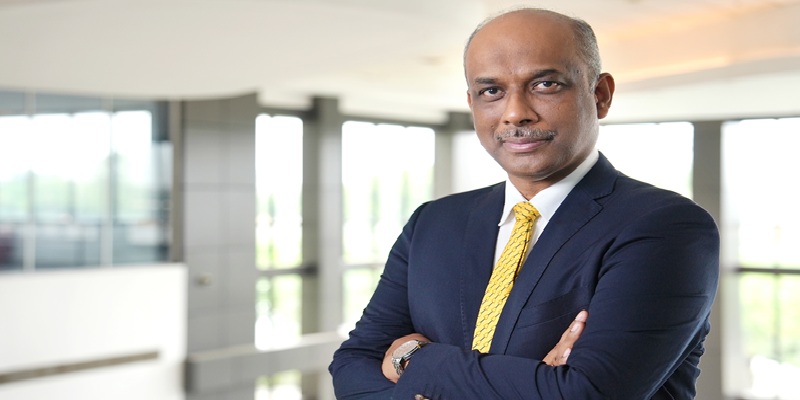
EXCON 2025 Set to Drive India’s Next Phase of Infrastructure Modernisation
EXCON continues to be a transformative force in the construction equipment sector, driving the adoption of cutting-edge technology and modern machinery critical for accelerating India’s infrastruc..
Read moreRelated Products
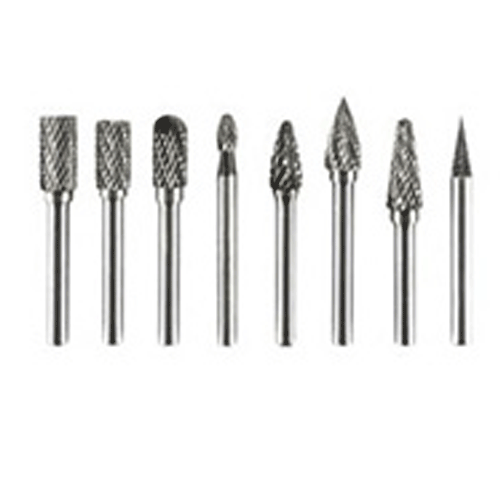
Carbide Burrs
SRT Industrial Tools & Equipments offers a wide range of carbide burrs.
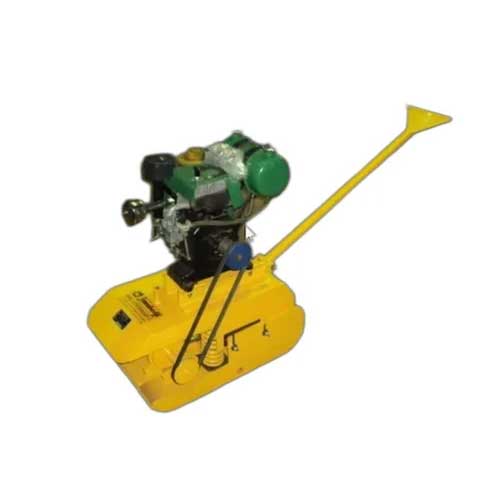
Jamshedji Soil Compactor
Jamshedji Constro Equip Pvt Ltd offers a wide range of jamshedji soil compactor.
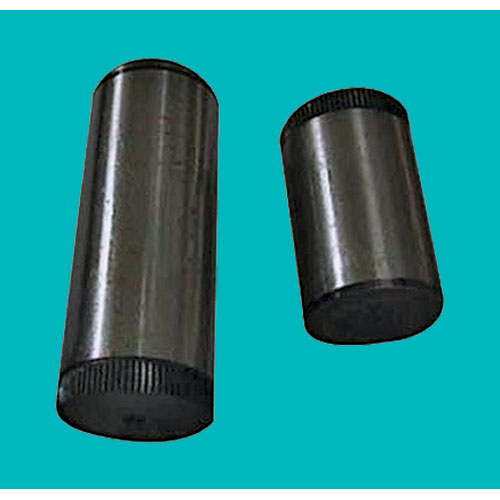
Ground Pins
Hans Machineries Private Limited offers a wide range of pins, hardened & ground. Read more












